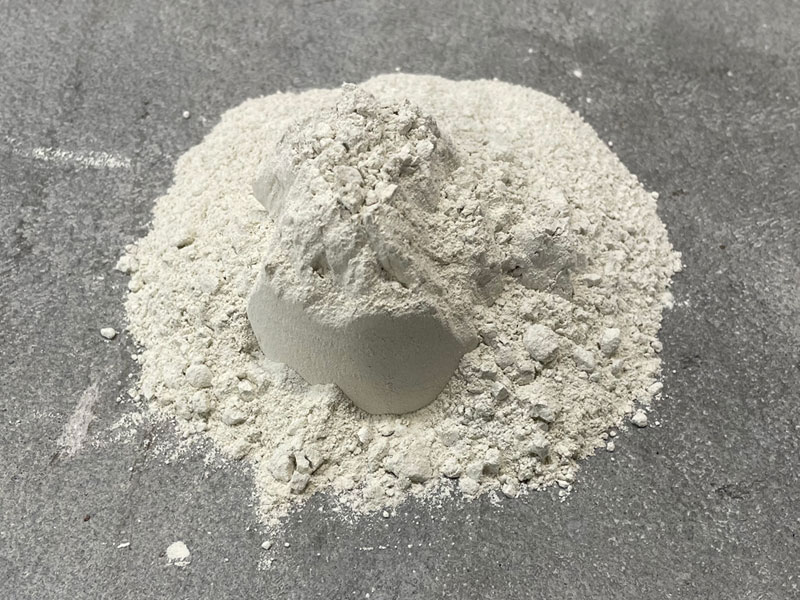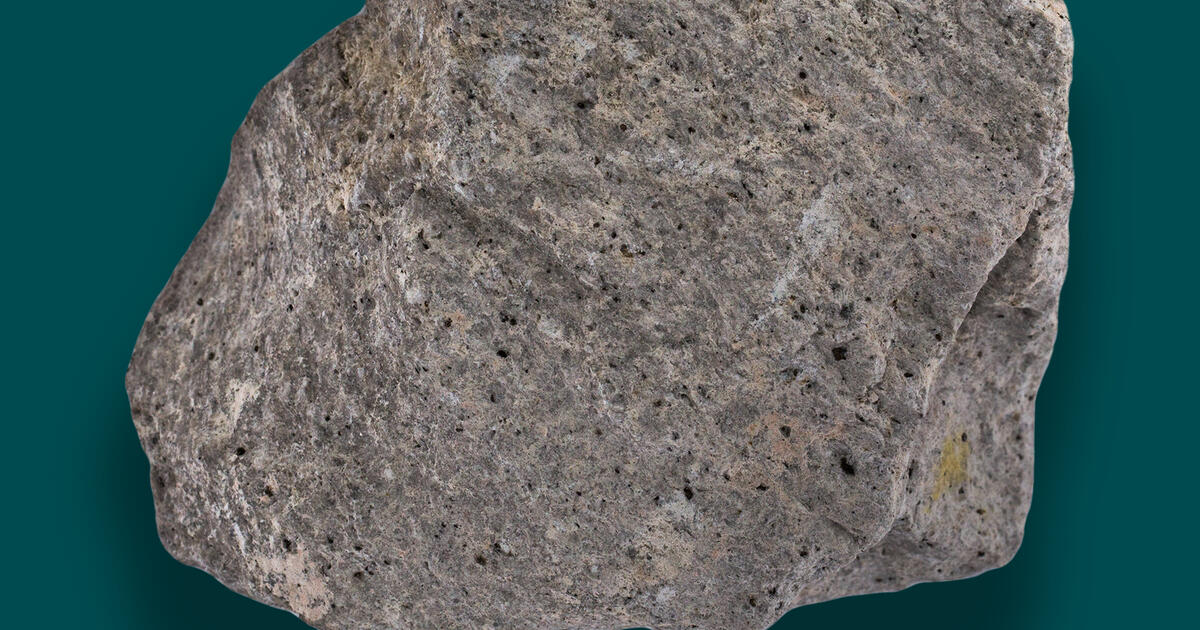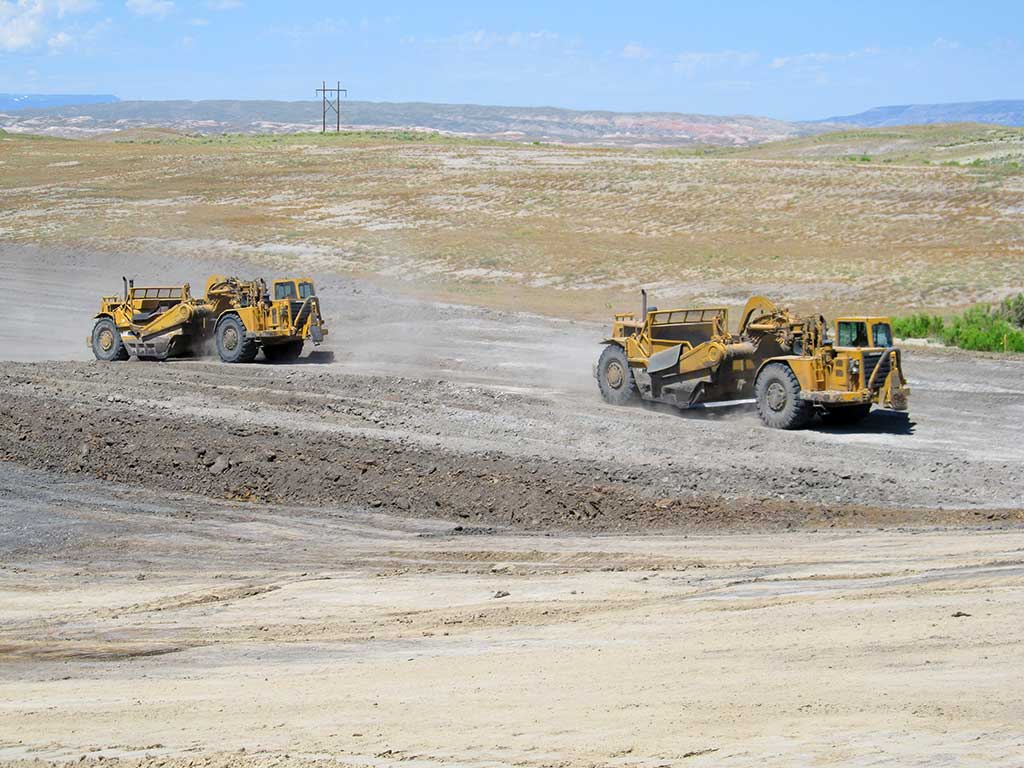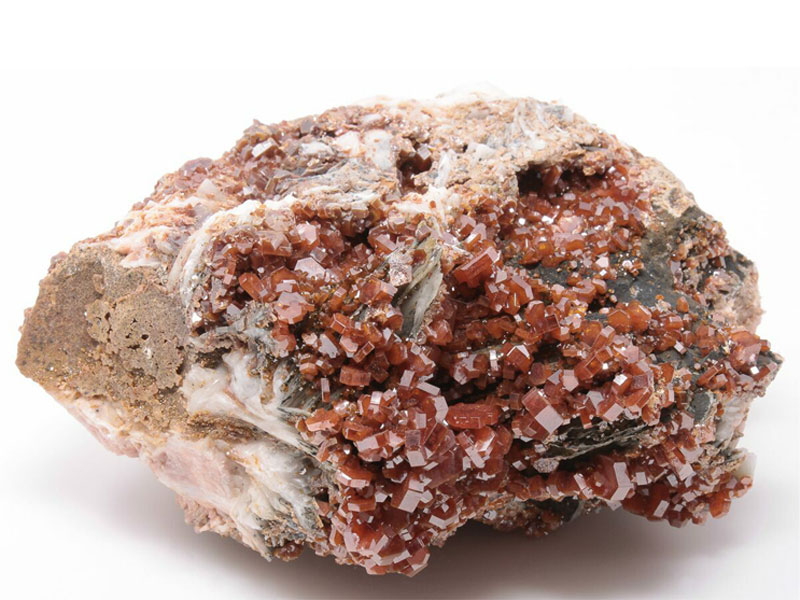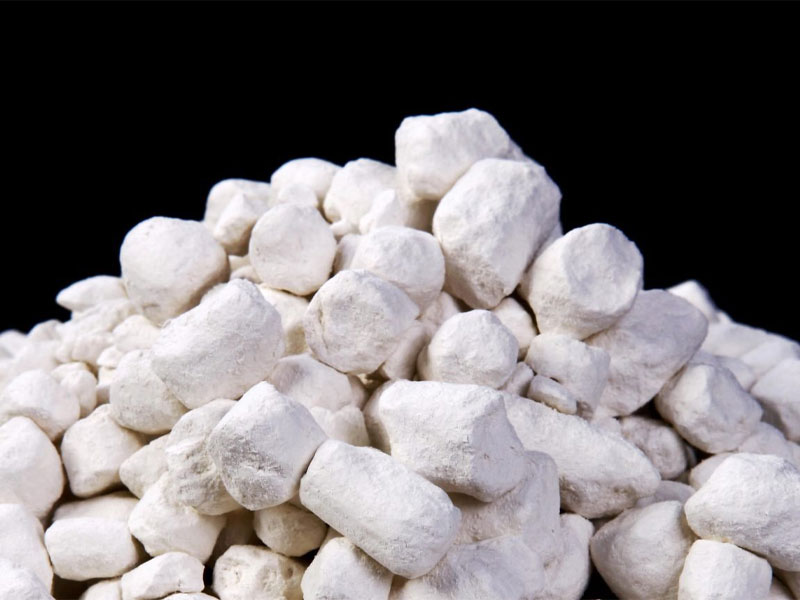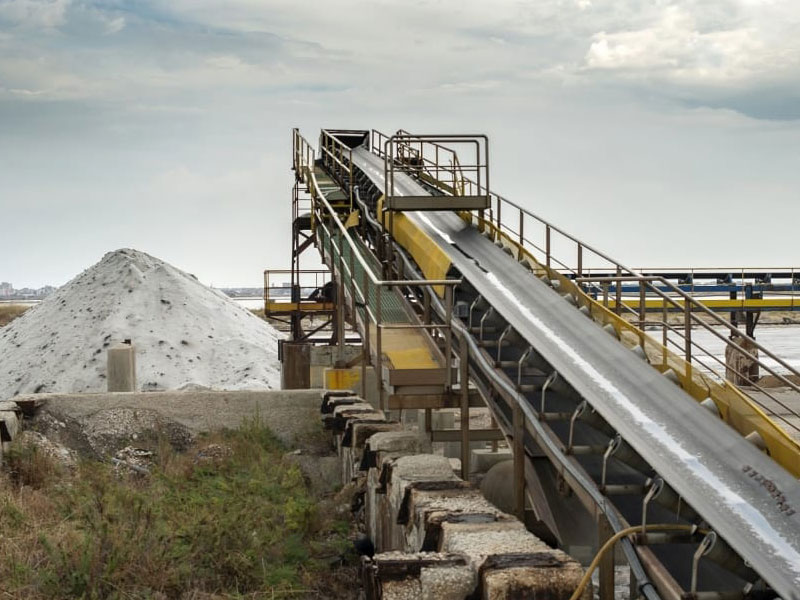Bentonite, a versatile natural substance, has captured the attention of scientists, engineers, and industries due to its exceptional properties and diverse applications. This article delves into the intricate composition of bentonite, its unique characteristics, and its manifold uses. From its geological origins to its role in modern industries, let’s explore the fascinating world of bentonite.
Read More: Bentonite
Introduction: Unveiling the Wonders of Bentonite
Bentonite, derived from volcanic ash and clay deposits, is a natural wonder with an array of applications across various industries. Its unique composition grants it the ability to absorb, swell, and retain water, making it a prized substance in numerous fields.
The Geological Genesis of Bentonite
Bentonite originates from the alteration of volcanic ash and glass in marine environments. Over time, the ash reacts with water and other minerals, giving birth to the layered structure of bentonite. The geological conditions under which this transformation occurs greatly influence the properties of the final product.
Unraveling Bentonite’s Chemical Composition
Bentonite primarily consists of montmorillonite, a phyllosilicate mineral belonging to the smectite group. This mineral’s fine particles contribute to the remarkable swelling ability of bentonite. Other components include various minerals like quartz, feldspar, and gypsum, each lending distinctive traits to the substance.
Types of Bentonite: A Closer Look
There are two main types of bentonite: sodium bentonite and calcium bentonite. Sodium bentonite exhibits higher swelling capacity, making it ideal for applications like drilling mud in the oil and gas industry. Calcium bentonite, on the other hand, is known for its absorptive properties and is commonly used in the cosmetic industry.
Read More: Drilling Barite
The Extraordinary Physical Properties of Bentonite
Bentonite’s ability to absorb water and swell multiple times its original volume is a remarkable feature. This property finds applications in controlling groundwater, stabilizing soils, and even in cat litter products. The cation exchange capacity of bentonite allows it to absorb and release ions, further enhancing its versatility.
Bentonite’s Role in Environmental Sustainability
Bentonite plays a pivotal role in environmental remediation. Its ability to encapsulate contaminants and prevent their migration has been utilized in managing waste disposal sites and contaminated groundwater.
Industrial Applications of Bentonite
Industries ranging from construction to pharmaceuticals rely on bentonite. It acts as a binder in foundry molds, a suspension agent in drilling fluids, and a clarifying agent in wine production. Its versatility and cost-effectiveness make it an indispensable component in many manufacturing processes.
Exploring Bentonite in Geotechnical Engineering
Bentonite’s swelling and impermeable properties have earned it a significant place in geotechnical engineering. It’s used in creating impermeable barriers in landfill sites, preventing the migration of contaminants into the soil and groundwater.
Bentonite in the Cosmetic and Beauty Industry
The absorptive nature of bentonite makes it a popular ingredient in skincare and beauty products. Face masks, scrubs, and poultices use bentonite to draw out impurities and revitalize the skin.
Read More: Wikipedia
Bentonite’s Contribution to Oil and Gas Exploration
In the oil and gas industry, bentonite is a critical component of drilling mud. Its viscosity and suspension properties aid in keeping boreholes stable and preventing blowouts.
Agriculture’s Ally: Bentonite in Farming
Bentonite’s water retention capabilities benefit agriculture by improving soil structure and preventing erosion. It also acts as a carrier for fertilizers, enhancing nutrient absorption by plants.
Health and Wellness Applications of Bentonite
Beyond industries, bentonite has health-related uses. Its ingestion in controlled forms has been suggested to aid in detoxification, although scientific evidence remains limited and cautious.
The Future of Bentonite: Ongoing Research and Innovations
Ongoing research explores new applications for bentonite, from drug delivery systems to water purification techniques. Innovators are uncovering novel ways to harness its unique properties.
Understanding the Safety of Bentonite Use
Bentonite is generally considered safe, but potential risks include silica exposure during mining and improper inhalation. Adhering to safety guidelines is crucial to mitigate these risks.
Read More: Limestone
Conclusion: Harnessing the Potential of Bentonite
Bentonite’s multifaceted nature has proven its worth across industries. From its geological formation to its diverse applications, this unassuming substance continues to shape the world we live in.
FAQ
[vc_toggle title=”Is bentonite a natural substance?”]Yes, bentonite is a natural substance derived from volcanic ash and clay deposits.[/vc_toggle][vc_toggle title=”What industries commonly use bentonite?”]Bentonite finds applications in industries like construction, cosmetics, oil and gas, and agriculture.[/vc_toggle][vc_toggle title=”Can bentonite be ingested for health benefits?”]While some claim health benefits from ingesting bentonite, scientific evidence is limited, and caution is advised.[/vc_toggle][vc_toggle title=”Are there different types of bentonite?”]Yes, sodium bentonite and calcium bentonite are the two main types, each with distinct properties.[/vc_toggle][vc_toggle title=”How does bentonite contribute to environmental sustainability?”]- Bentonite helps in environmental remediation by encapsulating contaminants and preventing their spread.

